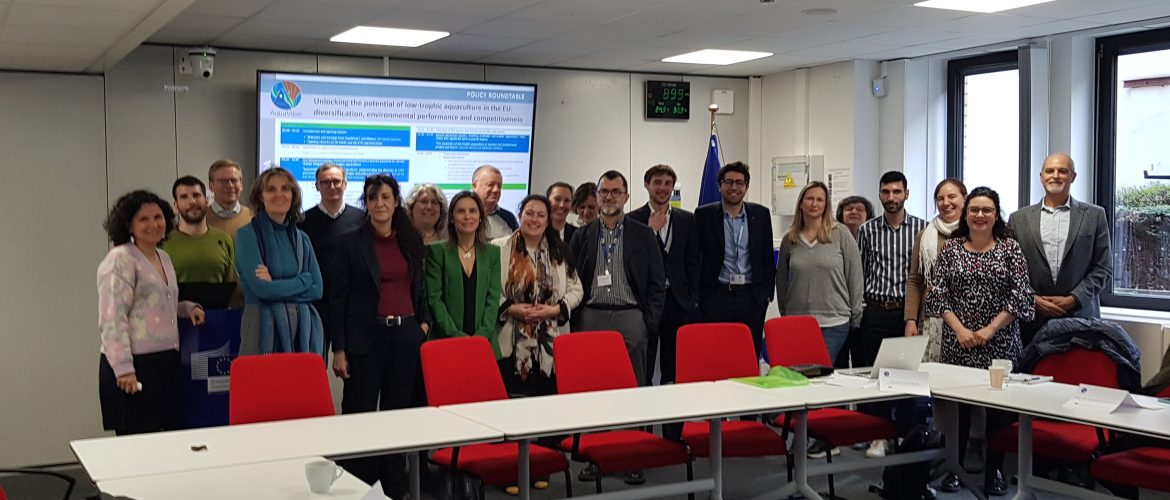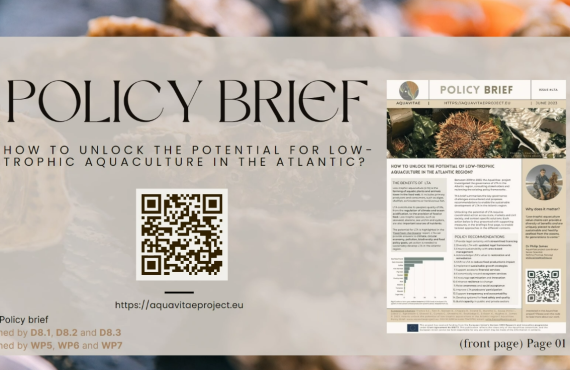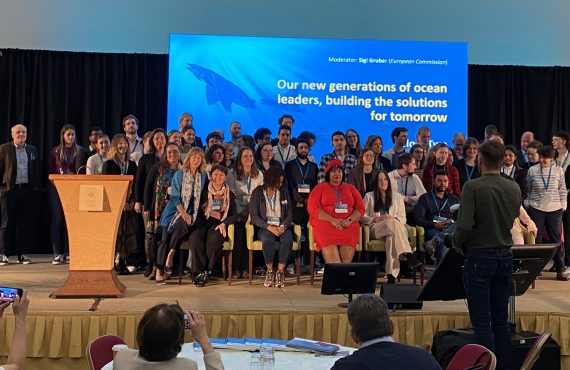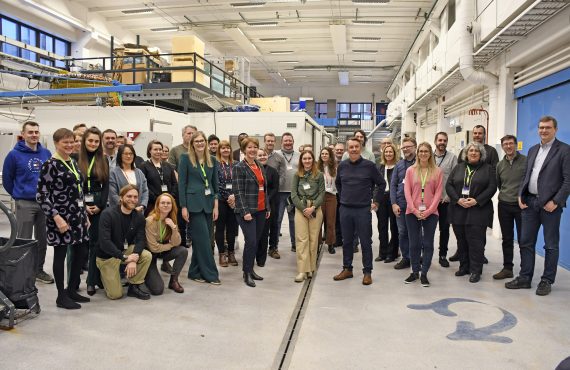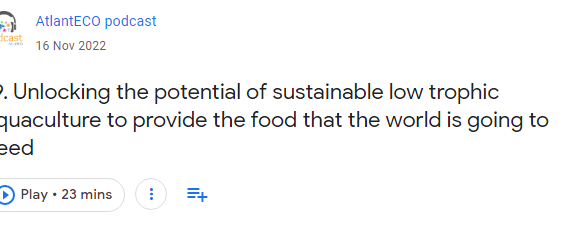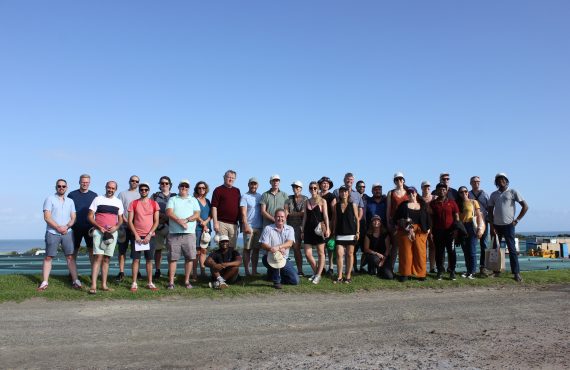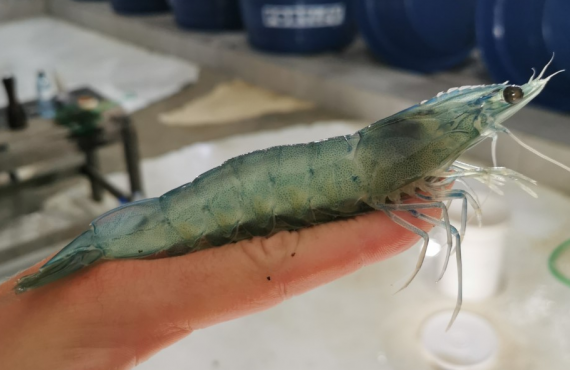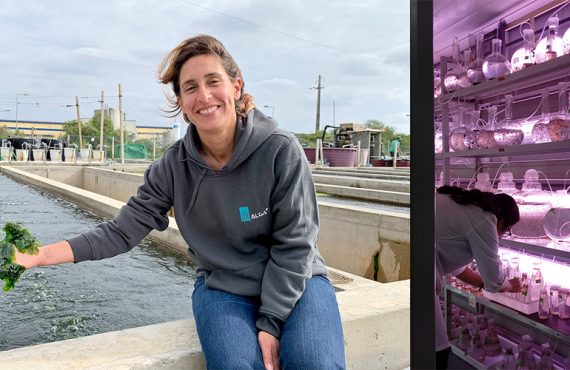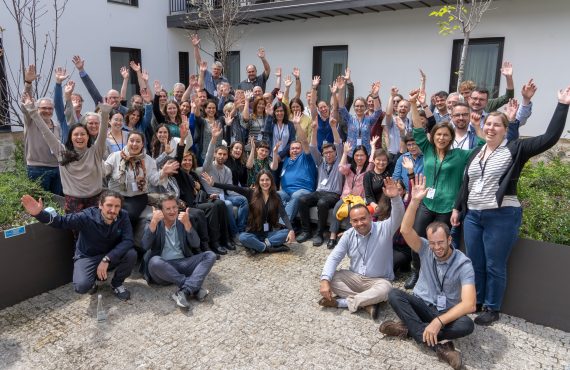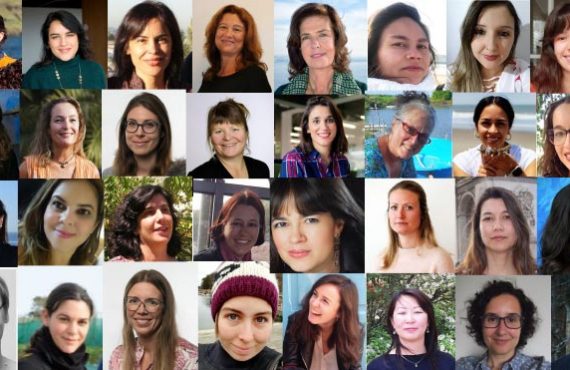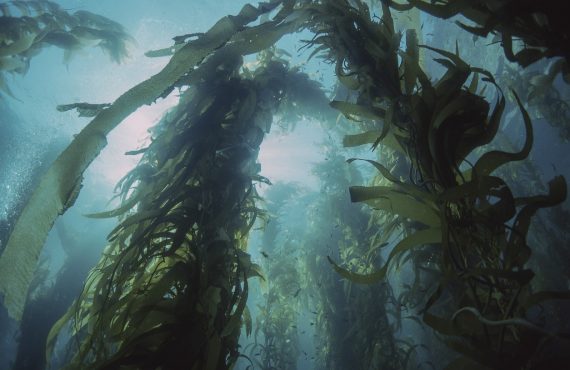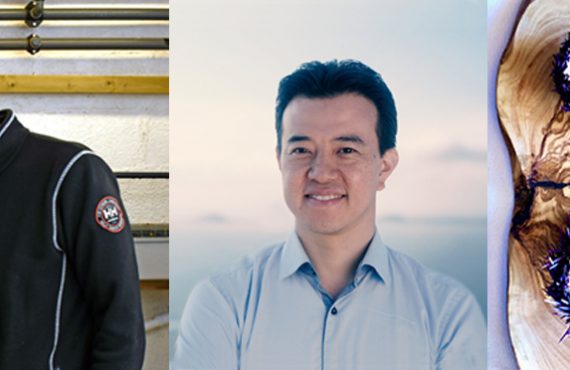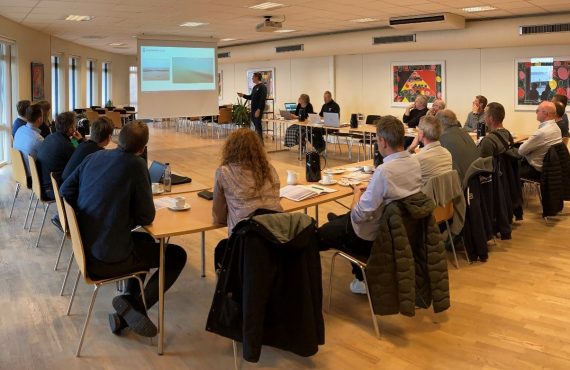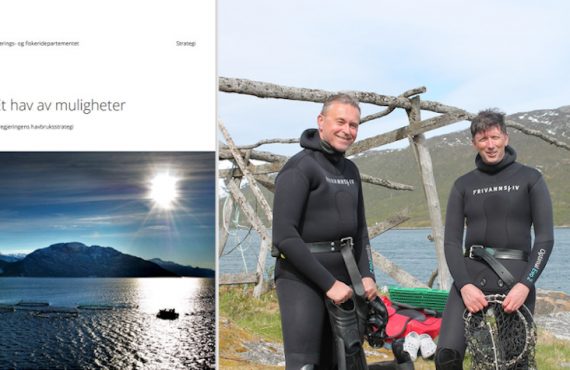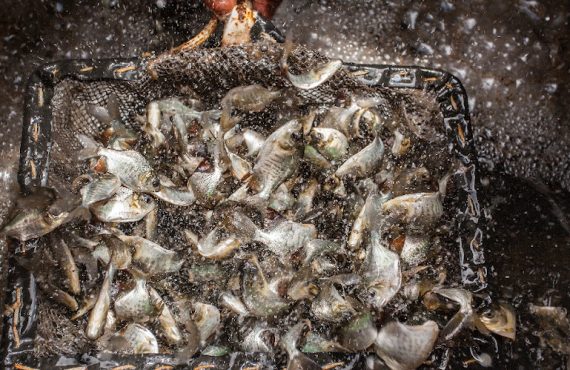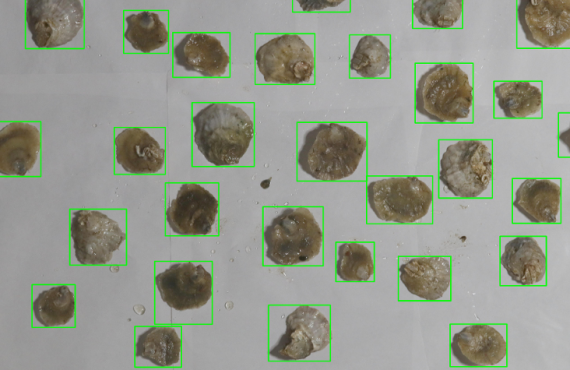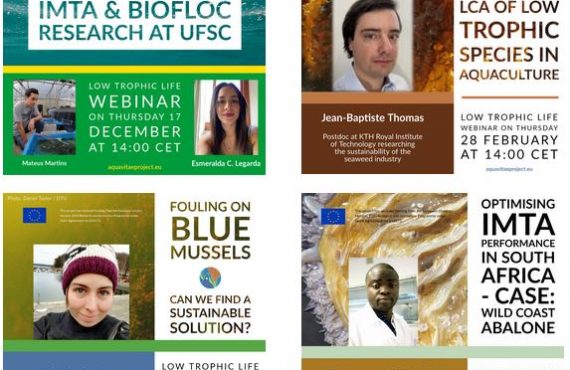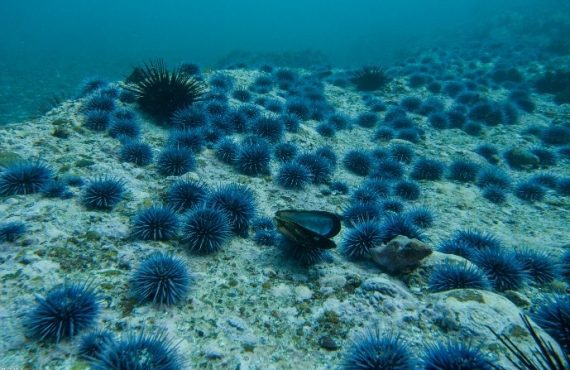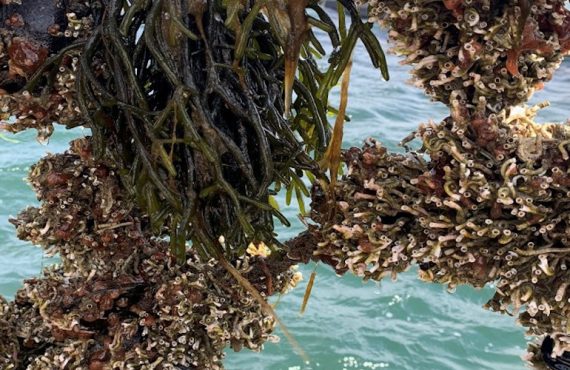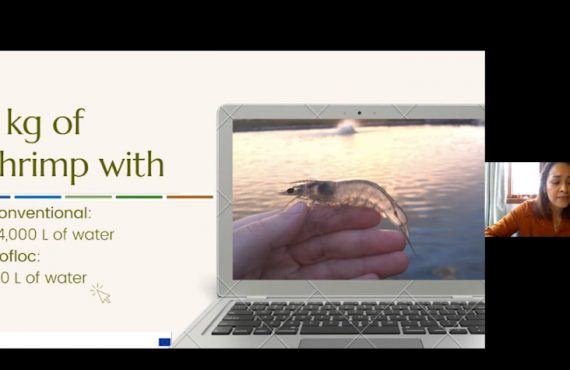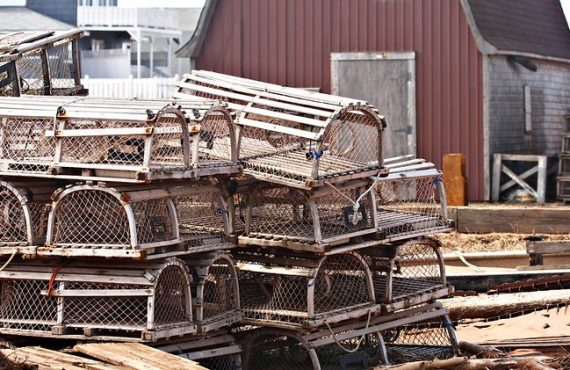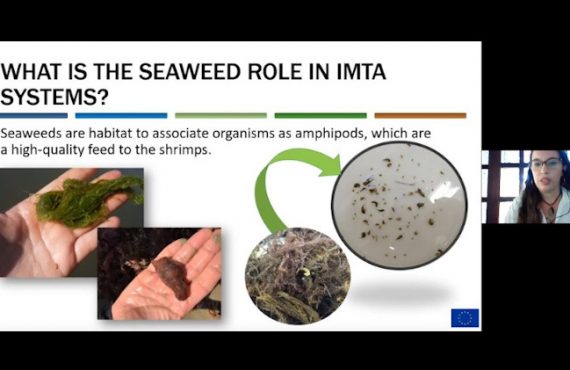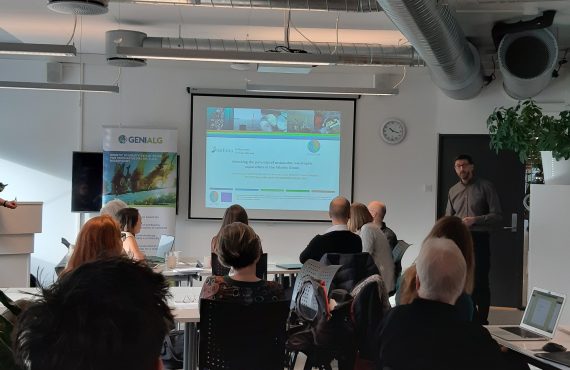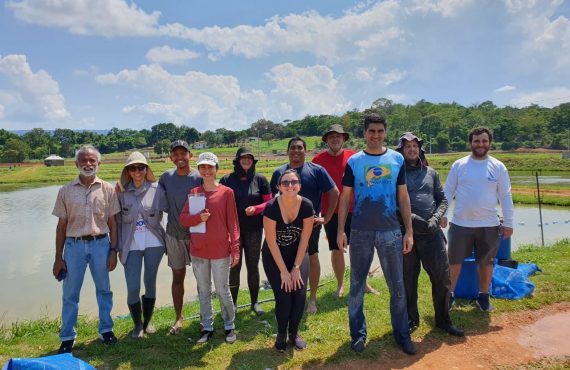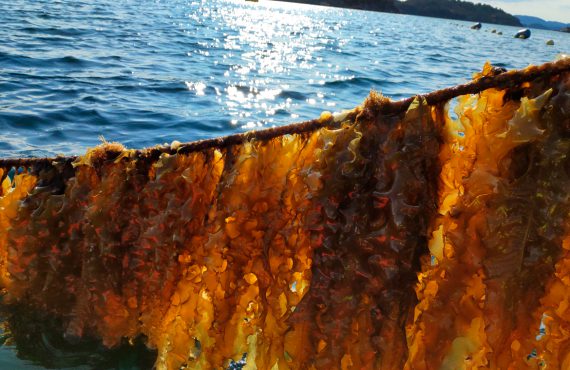AquaVitae project members joined representatives from the European Commission, advisory councils, industry and NGO´ at DG MARE, Brussels, for a policy roundtable.
On March 15th, the AquaVitae policy roundtable “Unlocking the potential of low-trophic aquaculture in the EU: diversification, environmental performance and competitiveness” was held at DG MARE in Brussels, Belgium.
The AquaVitae consortium gathered representatives from the European Commission (DG MARE, DG AGRI and DG REA), advisory councils (AAC and MAC), industry (FEAP) and NGOs (WWF), as well as AquaVitae’s sister-project ASTRAL.
Lorella de la Cruz, Deputy Head of Unit MARE A4, opened the event that was born from discussions with DG MARE during 2022. It aimed to provide a space to discuss the findings from the AquaVitae project, debate actions to enhance low trophic aquaculture and how it can contribute to the objectives set in the Green Deal, Biodiversity, Blue Bioeconomy and Farm-to-Fork strategies.
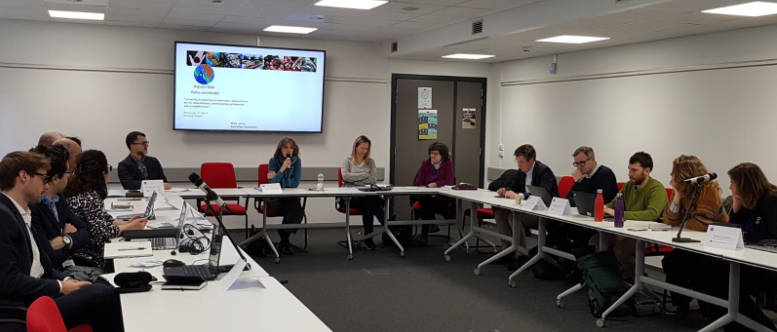
Sustainability and ecosystem services
During the first part of the roundtable, the environmental benefits of low trophic aquaculture were discussed, with a focus on how it is considered within the current policy context. Dr Åsa Strand, AquaVitae partner from IVL (Swedish Environmental Research Institute), highlighted the potential of low trophic species for climate change mitigation and biodiversity.
“Low trophic species’ aquaculture shows great potential to support a shift in our food production from degenerative to regenerative systems and support a restoration of the marine environment for the benefit of our society”, said Dr. Strand. Thus, ecosystem services were at the spotlight of the conversation: the discussions addressed the need for policy to acknowledge these services through meaningful economic incentives.
IMTA systems were also noted as part of the circular economy approach of the project. AquaVitae partners remarked the necessity of a continued dialogue with regulators and policymakers, given the challenges in the representation and integration of novel species under current legislation. The need for diversification of products, with a more complete utilisation of farmed seafood and its waste streams, was highlighted as key to meet zero waste objectives, but also to enhance the overall sustainability in farm operations.
Socio-economic impacts of low trophic aquaculture
In the second part of the roundtable, Dr. Eirik Mikkelsen, AquaVitae partner from Nofima (Norway), gave concrete examples of possible economic benefits from AquaVitae research, and pointed out challenges for profitability and how it contributes to better to jobs and value added.
“There is considerable potential in low-trophic aquaculture, but the challenges can vary with type of low-trophic aquaculture, and the ecological, social and economic context”, assured Dr. Mikkelsen.
Participants discussed the challenges and opportunities that need to be addressed to implement a low-trophic aquaculture strategy at scale, agreeing on the importance of a varied set of policies and measures considering the different cases in the sector.
Sustainable development of low trophic aquaculture could be a way to produce more food for a growing population while achieving policy objectives, with experts emphasizing that improving public understanding is crucial to achieve social acceptance.
Steps forward
The event concluded with a discussion on policy instruments to encourage sustainability, from acknowledging low trophic aquaculture’s potential benefits in existing regulatory frameworks, to various potential economic measures, and requirements for effective marketing standards for sustainability.
“The AquaVitae policy roundtable provided an important platform for stakeholders to discuss the environmental and socio-economic potential of low trophic aquaculture in the EU and to debate strategies to overcome the current challenges to sustainable development of the sector”, said Dr. Sofia Franco, AquaVitae partner from SAMS (UK).
The meeting took place under the framework of the multi-actor approach of the project. CETMAR, AquaVitae partner from Spain, facilitates this multi-actor platform ensuring the participation of different stakeholders in the co-creation of outcomes.
AquaVitae will continue to collaborate closely with policy makers and is currently working on a policy brief and associated recommendations for the sustainable development of low trophic aquaculture.



